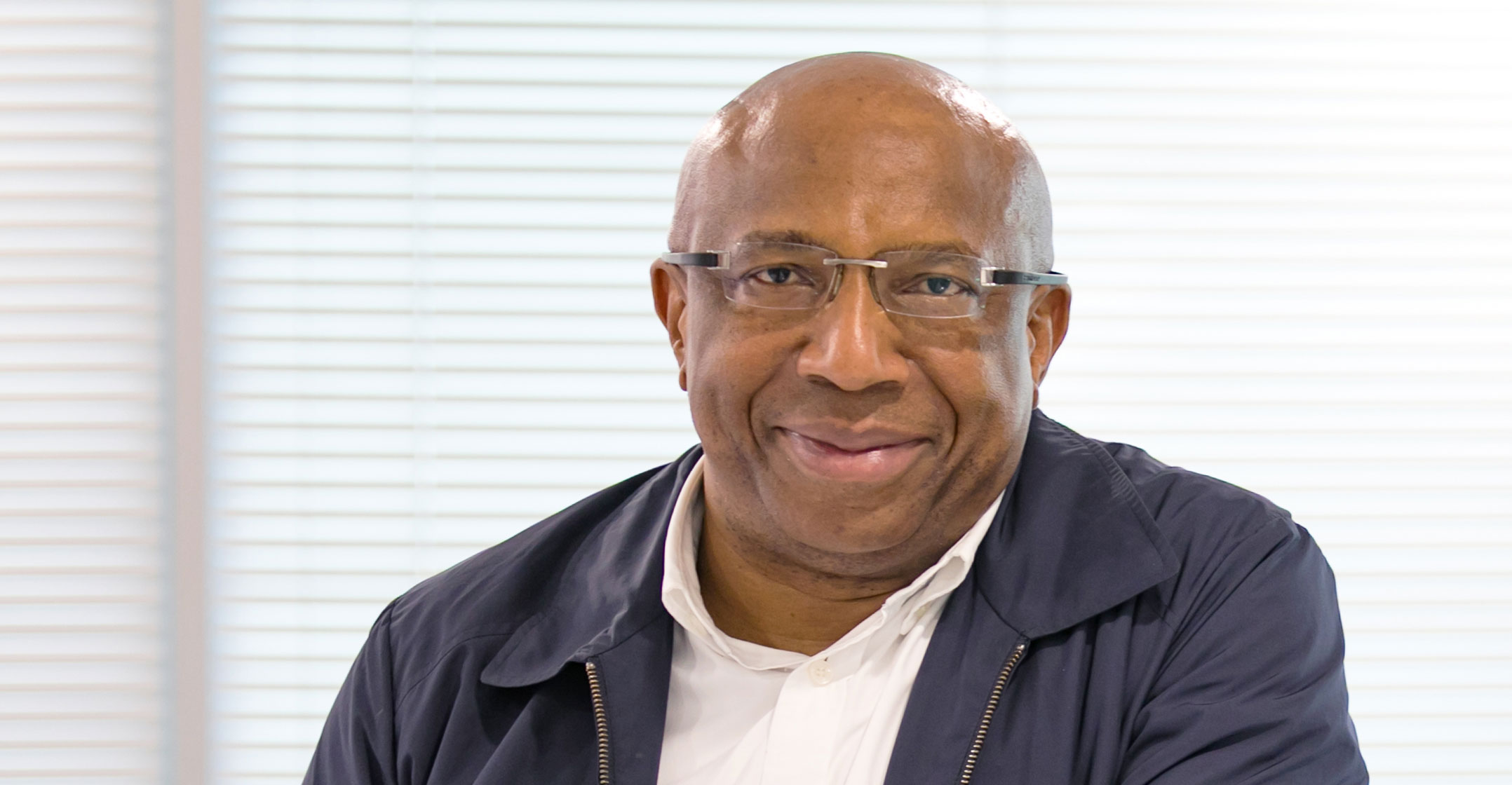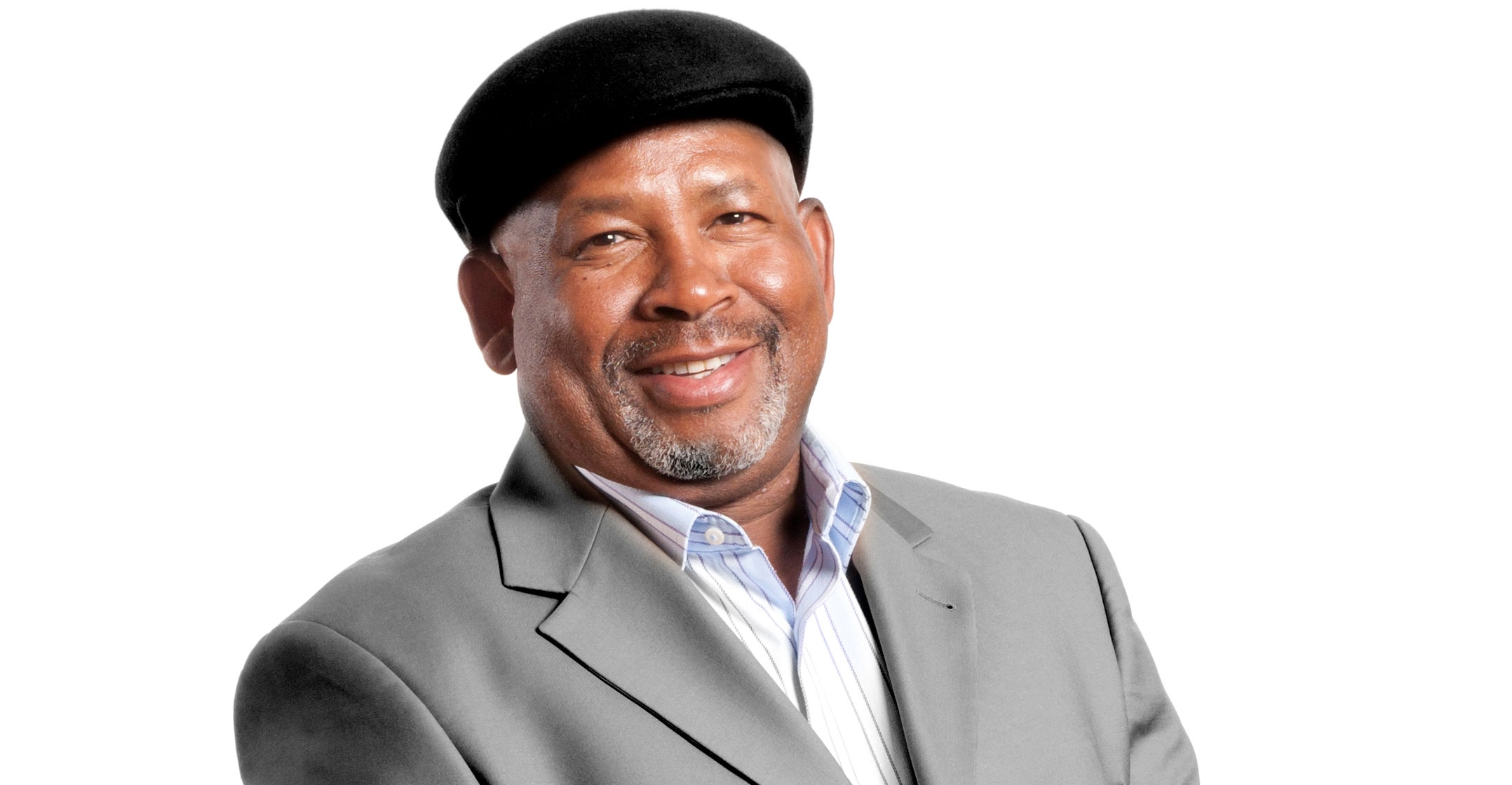
Sipho Maseko, who announced last week that he will step down as Telkom CEO next year after nine years in the job, saved the company from impending ruin. That might sound like an overstatement; it’s not.
When Maseko took the reins in April 2013 (he was poached from a senior role at Vodacom), the partially privatised telecommunications operator was in big trouble. A glance back at its 2013 annual report demonstrates this clearly: Margins were being squeezed, the company was hugely overstaffed (it had about 22 000 employees, more than twice the current complement), it was uncompetitive, it was lumbered with legacy technology and, having sold its 50% stake in Vodacom a few years earlier, it was struggling for relevance in mobile.
Worse, the company had become a hotbed of turmoil at senior management level, in part due to government interference, a weak board and a non-executive chairman who thought he could do a better job than the CEOs who followed one another in quick succession out the door. In short, the place was a mess – and it was fast going the way of so many other state-owned enterprises.
Except Telkom was different to other SOEs in one key respect: Having been partially privatised by the Mandela administration, and later listed on the JSE by the Mbeki administration, it wasn’t answerable only to government.
That should have helped shield Telkom’s executive management team from undue interference by the politicians. But government continued to hold a “golden share” that gave it much greater sway over Telkom than its other shareholders. That share, which has thankfully long since expired, led to much of the instability that wracked the company in the late 2000s and early 2010s and eventually sent its share price plummeting to a record low below R10/share at the time that Maseko took the reins.
Reconstituted
The board was reconstituted around the same time, with strong non-executive directors like Jabu Mabuza (appointed as chairman) and former Absa directors Louis von Zeuner and Santie Botha brought in to restore stability. Former chairman Jeff Molobela – allegedly the source of much of the instability – was forced off the board, and bold decisions were taken to begin to turn things around, including impairing Telkom’s legacy assets.
In his letter to shareholders in Telkom’s 2013 annual report, Mabuza set out his immediate priorities: creating a stable and effective board and management team; building a constructive relationship with government as the biggest shareholder and with “other shareholders alike”; and crafting a “compelling strategy” that would allow Telkom to “deliver solid returns and contribute to South Africa’s economy”.
With Mabuza providing a buffer between management and and the ministry of communications (also hugely unstable at the time, with a steady succession of ministers), Maseko set about identifying and fixing the problems that had beset Telkom, including its mobile business that is today the jewel in its crown as well as its lack of an IT services offering, which ultimately led to the acquisition of Business Connexion (BCX).

By launching compelling, data-led mobile offerings to a market hungry for them – MTN and Vodacom had sky-high data prices at the time – Telkom was able, over a period of years, to secure significant market share, to the extent that it recently displaced Cell C as the country’s third largest mobile operator. Maseko had wanted to buy Cell C, but no agreement could be reached between the parties (speculation at the time was that Telkom had offered R1, plus taking on Cell C’s mountain of debt). Telkom’s balance sheet would have become extremely stretched if the deal had done ahead, but it might still have have made sense for reasons of economies of scale — though there would likely have been a jobs bloodbath as management moved to extract efficiencies.
We’ll probably never know what a combination would have led to. What we do know is that Maseko is worried that Telkom does not have the scale of its competitors, MTN and Vodacom, in mobile. That’s why he said Telkom is pushing so hard for changes to Icasa’s upcoming spectrum auction, which is now the subject of out-of-court discussions between the industry (including Telkom) and the communications regulator.
In IT services, Maseko has had more success. Although Telkom was rebuffed by the competition authorities when it first went knocking on BCX’s door, the company, under Maseko, eventually succeeded with a R2.7-billion cash offer in 2014. BCX has underperformed, though, and has been through several rounds of retrenchments to cut costs. On balance, though, Telkom is probably better off for having done the deal.
If there’s one blot on Maseko’s record, it’s in fixed lines, where he milked Telkom’s legacy copper infrastructure for too long, allowing nimbler upstarts like Vumatel (now a significant market player) to emerge.
He spun out Telkom’s wholesale division into Openserve, agreed to a settlement with the Competition Commission over legacy anticompetitive abuses in the Internet market, and set the stage for a more open, competitive and healthy telecoms industry.
Sat back
But consumers, hungry for real broadband (not flaky and slow copper-based ADSL), were quickly abandoning Telkom’s fixed-line services in areas where fibre alternatives were being deployed. Instead of seizing the fibre opportunity with both hands, Telkom sat back and watched as Vumatel and others proved the fibre business model can work in South Africa.
When Telkom, through Openserve, eventually realised it, too, had to invest, or risk losing its fixed-line business entirely, it had already ceded a big chunk of the fibre opportunity. Telkom is now fighting back with aggressively priced products. It’ll secure for itself a meaningful chunk of the market, but it could have transplanted its dominance from the copper era into the fibre era if it had moved with greater haste. That it was caught napping in the early days of the fibre “land grab” has, ultimately, been great for consumers as South Africa now has a robustly competitive fibre infrastructure market. Telkom shareholders, of course, may have a different view.
On balance, though, Maseko has done a sterling job at Telkom. Against the odds, he “right-sized” the organisation, cutting its bloated workforce in half, corporatising the various divisions such as Openserve and its property and towers portfolio, and setting the stage to unlock significant shareholder value through unbundling. One hopes he’ll get to achieve much of this in the year he has left at Telkom, though one suspects most of this value unlock — if it proceeds — will be left to his successor.
 Whatever one feels about Telkom – and South Africans are never shy to share their views on the company – Maseko has, for the most part, excelled at the job and done right by the company, even if it’s meant shedding thousands of jobs to make it fighting fit.
Whatever one feels about Telkom – and South Africans are never shy to share their views on the company – Maseko has, for the most part, excelled at the job and done right by the company, even if it’s meant shedding thousands of jobs to make it fighting fit.
I don’t know why he’s stepping down now, and I’m not going to speculate here, but one thing is certain: After nine very successful years at the helm of Telkom, Maseko could walk into just about any top-level job in corporate South Africa. Who knows, perhaps President Cyril Ramaphosa will entice him into a strategic role in his administration — assuming that even appeals to Maseko, which it might not.
Whoever takes the helm from Maseko at Telkom next year not only has big shoes to fill; they’ll also be inheriting an organisation with a solid foundation for future growth. That is his legacy and he ought to be very proud of it. — © 2021 NewsCentral Media
- Duncan McLeod is editor of TechCentral. Find him on Twitter

